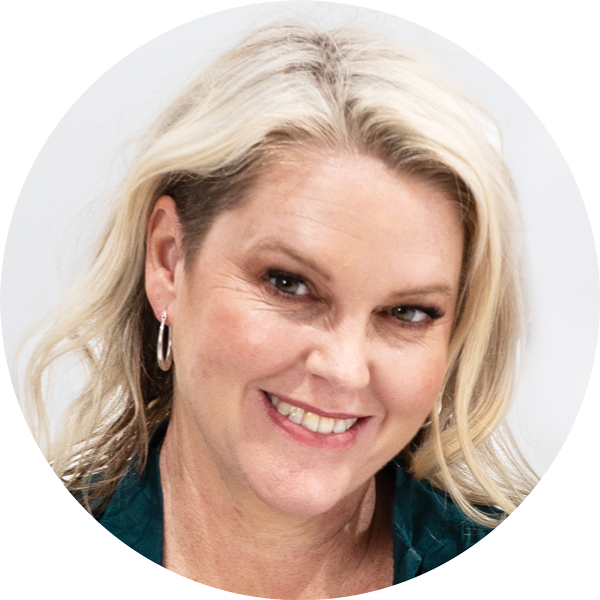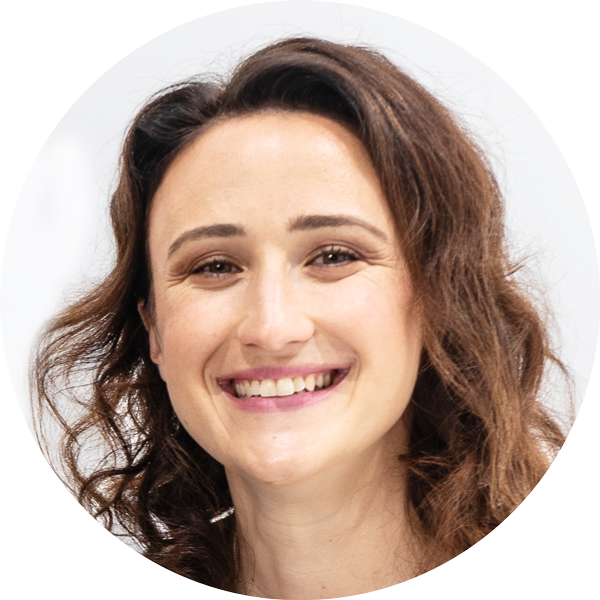A self-paced, online course by Lael Stone & Bernadette Lack to find balance and build compassion in yourself, your relationships and your children.
Support for your body, your mind and your heart
Motherhood: some days are smooth sailing and others seem to never end. It’s easy to lose connection with yourself physically, emotionally and mentally. It’s common to feel resentful, endure a loud inner critic, be easily triggered and experience feelings of rage.
It can feel taboo to admit you may not be finding total joy in your role as a mother. But you are not alone. When you are out of balance, motherhood can feel relentless and disconnected.
As a mother, you may find you are:
- Struggling with how you feel and comparing yourself to others
- Having trouble navigating emotions, big feelings and healthy expression
- Triggered and unsure how to respond to your child’s big feelings
- Finding your body isn’t working to its best ability or how you want it to
- Fluent in harsh self-talk, highly critical with a need to be in control
- Feeling stuck and lost in your motherhood journey
- Not able to meet your own self-care needs; feel a lot of guilt when you do
- Losing connection with your partner; your relationship feels stagnate
Centering the Mother guides you to compassionately explore your own imprints and belief systems and discover how these affect self-care, boundaries and emotional expression.
We’re all looking for connection: to be seen, to be heard. We unpack the physical, emotional and mental challenges of your motherhood journey and explore self-attunement to find power and joy by connecting with yourself, your partner and the parent you want to be.
Program Overview
Module 1
Getting Real
Module 2
Moving Forward
Module 3
Going Deeper
What you will learn:
Your imprints & story
Your emotional love language
Connect with your body & heal
Emotional awareness & listening
Relationships after children
Guilt & intuition
Get to know your pelvic bowl
Return to paid work
Intimacy & sexual power
What's included:
Audio & Video Content
Guided Relaxations
Detailed Workbook
Detailed resource guide and workbook to help you find further support/information and learn more about yourself.
Course Flexibility
Lifetime Access
Ready to start?
Videos
Modules
Cost
31
3
$99
Frequently asked questions:
This course is designed for mothers who are past the first six months postpartum. We have specifically designed a postpartum motherhood course for pregnant mothers and mothers of babies up to six months. Check out our “Holding the Mother”course.
Meet Lael and Bernadette


Supporting mothers like you is our passion. We’re here to support you through your parenting journey and help you find joy, connection and compassion.